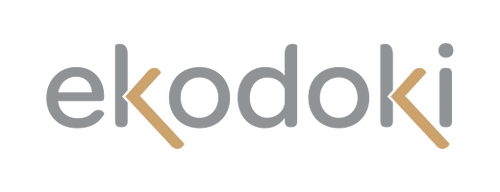Wool Felt, From Sheep To Bag
Necessary Shearing
Sheep typically provide us with a qualitative renewable material, wool, through annual shearing, yielding an average of 2-3 kgs per year. This skilled process involves removing the fleece in one piece.
Nowadays, sheep are often sheared using advanced electric shears or shearing machines to ensure efficiency and speed, minimizing stress on the animals.
Importantly, shearing does not harm the sheep; it is vital for their comfort as they grow wool to stay warm in cold winters, and domestic sheep do not shed their winter coats entirely.
Modernized Traditional Process
How is wool felt made? Felt, mankind’s oldest known textile, is not woven or knitted; it is created by matting, condensing, and pressing fibres together.
Durable, renewable, and biodegradable, wool felt possesses numerous other qualities: it does not fray at its edges, exhibits flame-retardant properties, and provides noise reduction and insulation from heat and cold.
Among various types of felt, 100% natural wool felt stands out as the most environmentally friendly, contrasting with petroleum-based polyester and acrylic felt, which not only harm the environment but also lack the pleasant tactile feel and wrinkle when bent.
Timeless & Durable Alternative
Wool felt, luxurious, soft to the touch, and water and dirt repellent, proves to be a surprisingly dense and padded material, making it ideal for crafting bags and soft accessories.
At eKodoKi, we utilize 3mm thick wool felt, with bags and sleeves in our collection featuring an additional 1-2mm thick wool craft felt, resulting in products with an overall thickness of 4-5mm.
The beauty of our WOOLI bags and accessories lies in the irregularities of both the handmade assembly and the wool felt material itself – slight colour and thickness variations, as well as the presence of small natural fibres on the surface, all showcasing its 100% natural origin.
Manufacturers’ Certificates
Wool Felt Collection
eKodoKi works with rigorously selected manufacturers, based on criteria related to respect for the environment, animal welfare and working conditions – in other words, companies that do not use heavy chemicals, guarantee good working conditions with fair wages, do not harm animals and work according to reliable certifications. While we can't tick all the boxes with every manufacturer, we strive for continuous improvement.

Mulesing free wool
Our wool comes from New Zealand, where cutting, or clipping, of skin around a lamb's rear and part of the tail is prohibited by the government. Mulesing is originally done to attract flies less quickly because no urine and feces stick then to the wool.

BV testing certified
Bureau Veritas (BV) is a global leader in “Testing, Inspection and Certification” (TIC), providing high quality services to help customers meet the growing challenges of quality, safety, environmental protection and social responsibility.

Azo-free certified / RoHS-EU
Our wool felt is Azo-free certified, according to the “Restriction of Hazardous Substances” European guideline (RoHS-EU). This means that the factory does not use heavy metals in its dyes; the factory filters and recycles the water of the dye cycles.







